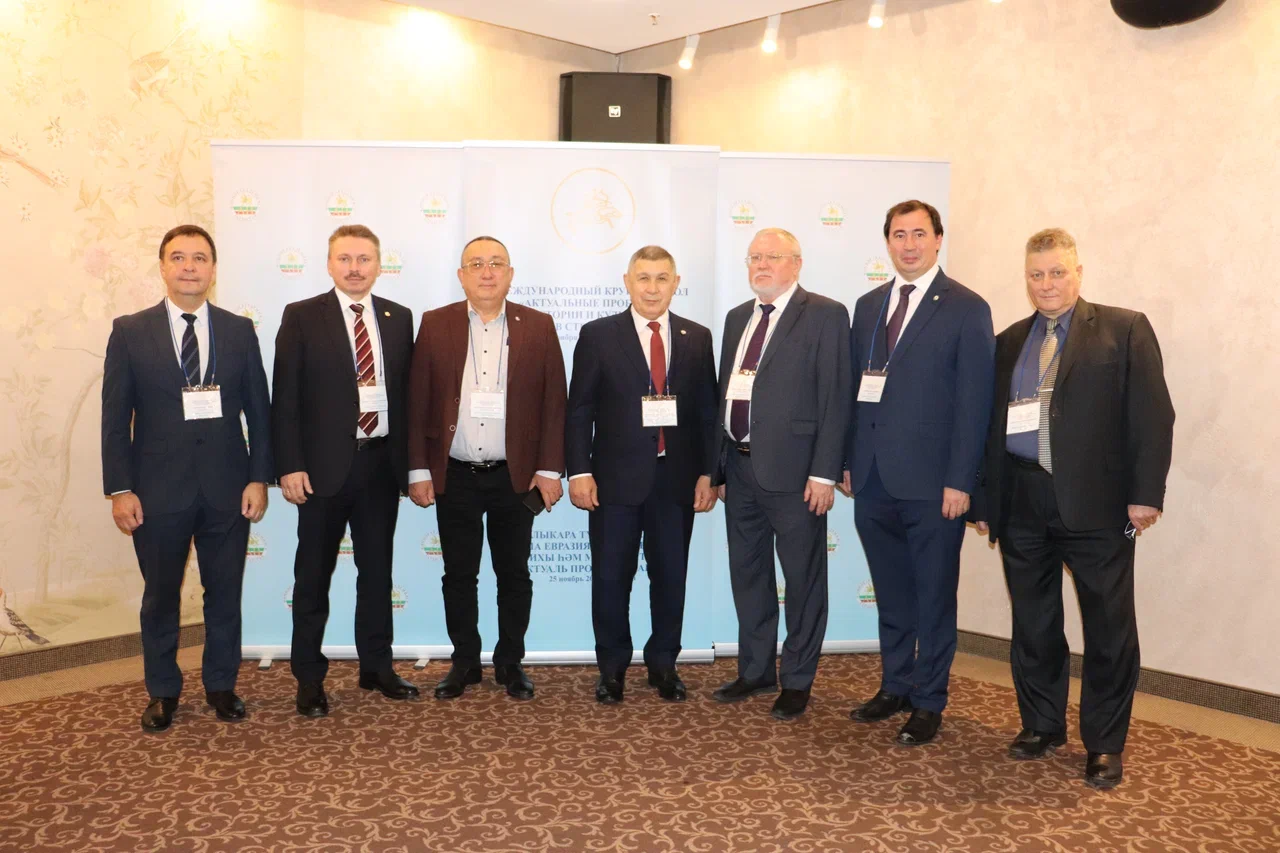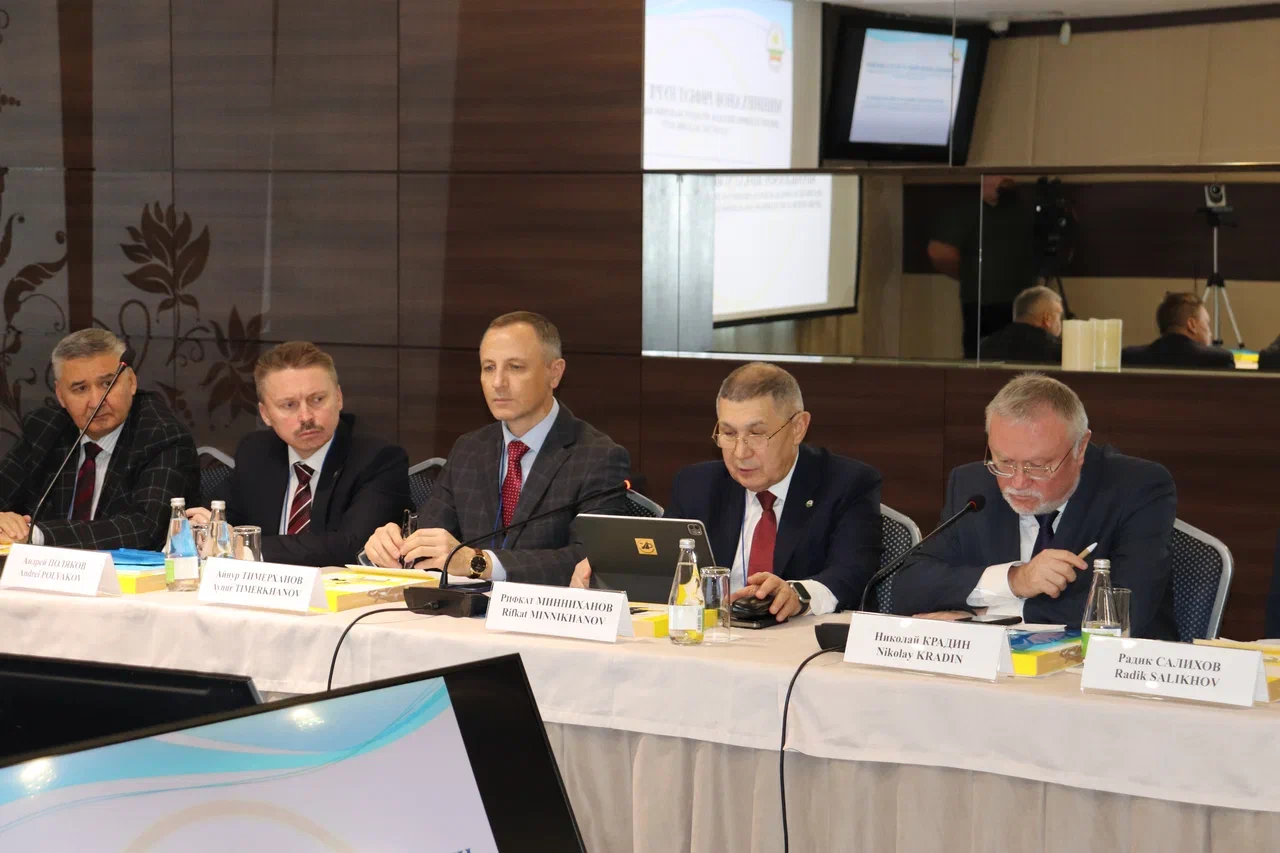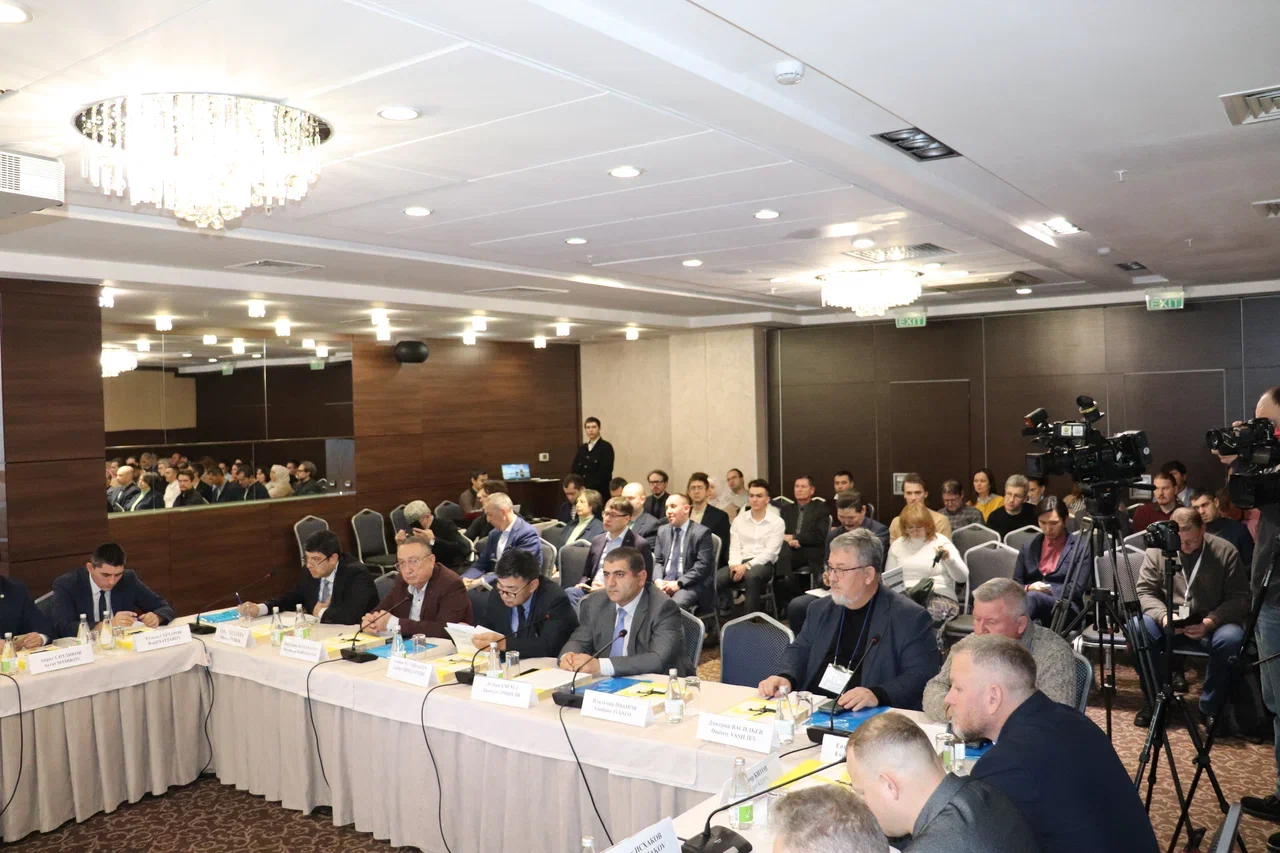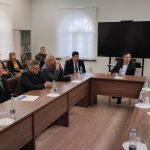International round table “Topical issues of history and culture of steppe Eurasia peoples”
On November 24-27, Kazan hosted the International round table “Topical issues of history and culture of steppe Eurasia peoples”, dedicated to the consideration at the expert level the issues of common origin of the historical and culture heritage of the steppe Eurasia peoples and states. The event was organized with the support of Tatarstan leadership of the initiative of the Tatarstan Academy of Sciences.
The Round table was attended by more than 60 leading Russian and foreign scientists, representing scientific and scientific-educational centers of Moscow, St. Petersburg, Kazan, Ufa, Astrakhan, Yoshkar-Ola, as well as specialists from Mongolia (Ulan-Bator), Kazakhstan (Almaty), Moscow, St. Petersburg, Kazan, Ufa, Astrakhan, Yoshkar-Ola, as well as specialists from Mongolia (Ulan-Bator), Kazakhstan (Almaty), Azerbaijan (Baku), China (Beijing). Researchers and post-graduate students of the Tatarstan Academy of Sciences and students of Kazan (Volga Region) Federal University were among the auditory of the Round table.
The President of the Tatarstan Academy of Sciences R.N. Minnikhanov and the Executive Director of the History of the Fatherland Foundation R.G. Gagkuyev welcomed the participants. The participants in their speeches presented an overview of the scientific study on the history of nomadic cultures, the results of field archaeological studies, involving the history of the steppe Eurasia peoples, the activities of the organizations they represent, the main directions of scientific research in this field, the experience of cooperation with UNESCO in the preservation of historical and cultural heritage of the steppe Eurasia peoples and states, including interim development results of the Great Silk Road nomination project and Tea Road research.
As a part of the round table, a cooperation agreement between the Tatarstan Academy of Sciences and the Institute of Archaeology of the Mongolian Academy of Sciences was signed.
The participants of the round table recommended to apply to the leadership of the Republic of Tatarstan to found an “International Center for study of the cultures of the steppe Eurasia peoples” at the Tatarstan Academy of Sciences in order to coordinate scientific work in this field, and recommend Academician of the Russian Academy of Sciences Nikolay Nikolayevich Kradin as the scientific director of the Center.
Its activities will include the formation of a comprehensive interdisciplinary program for the study of historical, cultural and archaeological research on the heritage of the steppe Eurasia peoples and states on the basis of international scientific cooperation, designed to present an objective picture of the formation of historical and cultural heritage of the steppe Eurasia peoples and countries; the expansion of international cooperation and engagement of a wider range of specialists on the history and culture of steppe Eurasia; the consolidation of scientific publications, dedicated to the history and culture of the steppe Eurasia peoples and states under the auspices of the Center.
The round table continued with a number of joint events: visits to UNESCO cultural heritage sites in Bolgar and the Kazan Kremlin, exchange of experience in the preservation of cultural heritage sites and archaeological monuments, as well as a session of the joint Academic Council of the Institute of Archaeology named after A.Kh. Khalikov TAS and the Institute of History named after Sh.Marjani TAS.





